Entry Level Chemical Engineering Jobs In Pharmaceuticals

The pharmaceutical industry, a cornerstone of modern healthcare, is facing a unique intersection of innovation and demand. While groundbreaking therapies emerge at an unprecedented rate, the need for skilled chemical engineers to bring these advancements to market has never been more critical. Entry-level positions, the gateway for aspiring engineers, are becoming increasingly competitive, reflecting both the sector's growth and the evolving skill sets required for success.
This article delves into the current landscape of entry-level chemical engineering jobs within the pharmaceutical sector. It examines hiring trends, necessary qualifications, geographic hotspots, and future prospects for young professionals eager to contribute to this vital industry. We will explore the challenges and opportunities that await those seeking to launch their careers in pharmaceuticals, drawing upon industry reports, expert insights, and available data to provide a comprehensive overview.
The Demand for Chemical Engineers in Pharma
The pharmaceutical industry's reliance on chemical engineers is deeply rooted in the complexities of drug development and manufacturing. From research and development to process optimization and quality control, chemical engineers play a crucial role in ensuring the safe and efficient production of medications. The Bureau of Labor Statistics projects steady growth in the chemical engineering field, with the pharmaceutical sector being a key driver.
"The biopharmaceutical sector is experiencing unprecedented growth, driven by advancements in areas like gene therapy and personalized medicine," notes Dr. Anya Sharma, a leading recruitment consultant specializing in pharmaceutical placements. This growth translates directly into a heightened demand for skilled professionals, particularly at the entry-level, to support these new initiatives.
Key Skills and Qualifications
A bachelor's degree in chemical engineering remains the fundamental requirement for entry-level positions. However, the pharmaceutical industry increasingly seeks candidates with specialized knowledge and skills. Proficiency in areas such as process design, reactor engineering, and bioprocessing is highly valued.
Strong analytical and problem-solving abilities are also essential. According to a recent survey by the American Institute of Chemical Engineers (AIChE), employers prioritize candidates who can demonstrate critical thinking and a data-driven approach to problem-solving. Internships and co-op experiences within the pharmaceutical industry are highly beneficial.
Furthermore, familiarity with regulatory guidelines, such as those set by the Food and Drug Administration (FDA), is increasingly important. Understanding Good Manufacturing Practices (GMP) and quality assurance principles can give candidates a significant advantage.
Geographic Hotspots and Key Employers
The pharmaceutical industry is concentrated in specific geographic regions, creating clusters of job opportunities for chemical engineers. States like New Jersey, Massachusetts, Pennsylvania, and California are home to numerous pharmaceutical companies and research institutions.
Major employers include global giants like Pfizer, Johnson & Johnson, Merck, and Novartis. Smaller, specialized biotech firms also offer attractive entry-level opportunities, often providing a more hands-on experience. Many of these companies actively recruit at university career fairs and offer structured training programs for new graduates.
Breaking into the Industry: Strategies for Success
Securing an entry-level chemical engineering job in pharmaceuticals requires a proactive and strategic approach. Networking is crucial. Attending industry conferences and connecting with professionals on platforms like LinkedIn can open doors to valuable opportunities.
Tailoring resumes and cover letters to highlight relevant skills and experiences is essential. Researching the specific needs and values of each company can demonstrate a genuine interest and commitment. Practicing for technical interviews and behavioral questions is also critical.
Don't underestimate the power of building a strong online presence. A professional LinkedIn profile showcasing projects, skills, and experience can significantly enhance a candidate's visibility to recruiters.
The Future of Entry-Level Positions
The pharmaceutical industry is constantly evolving, driven by technological advancements and shifting healthcare needs. As new therapies and manufacturing processes emerge, the demand for skilled chemical engineers will continue to grow. However, the skill sets required will likely become more specialized, requiring continuous learning and adaptation.
Emerging areas such as biopharmaceutical manufacturing, personalized medicine, and sustainable manufacturing practices will create new opportunities for chemical engineers. Entry-level professionals who can demonstrate adaptability and a willingness to learn will be well-positioned for long-term success.
The future of entry-level chemical engineering jobs in pharmaceuticals is bright. With a combination of strong technical skills, industry knowledge, and a proactive approach, aspiring engineers can carve out successful and rewarding careers in this vital sector.
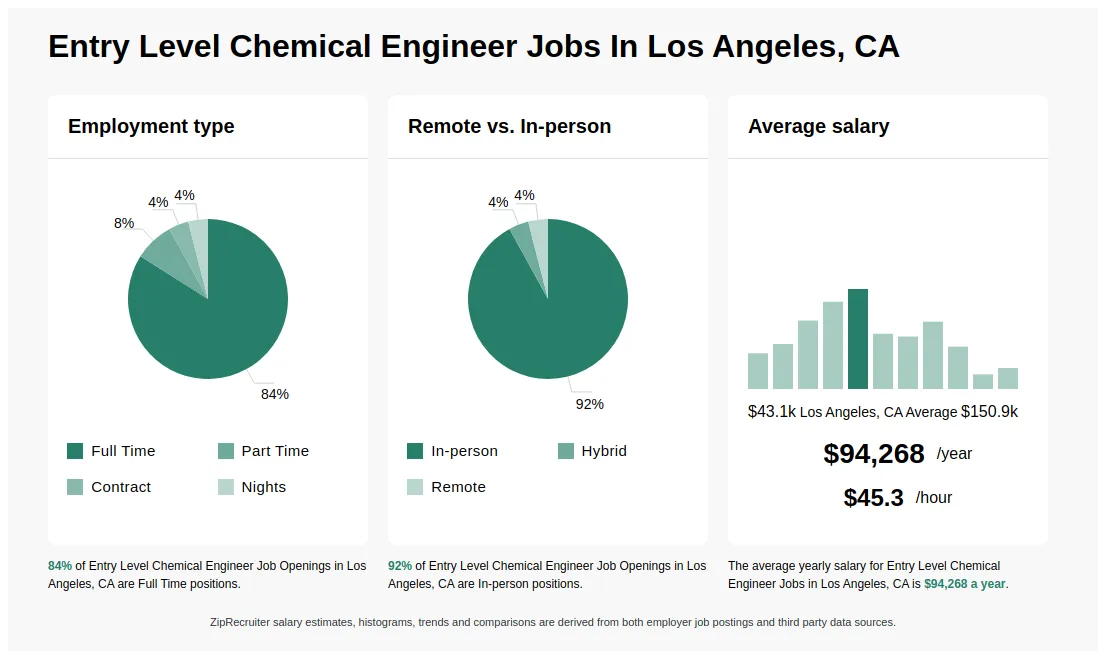
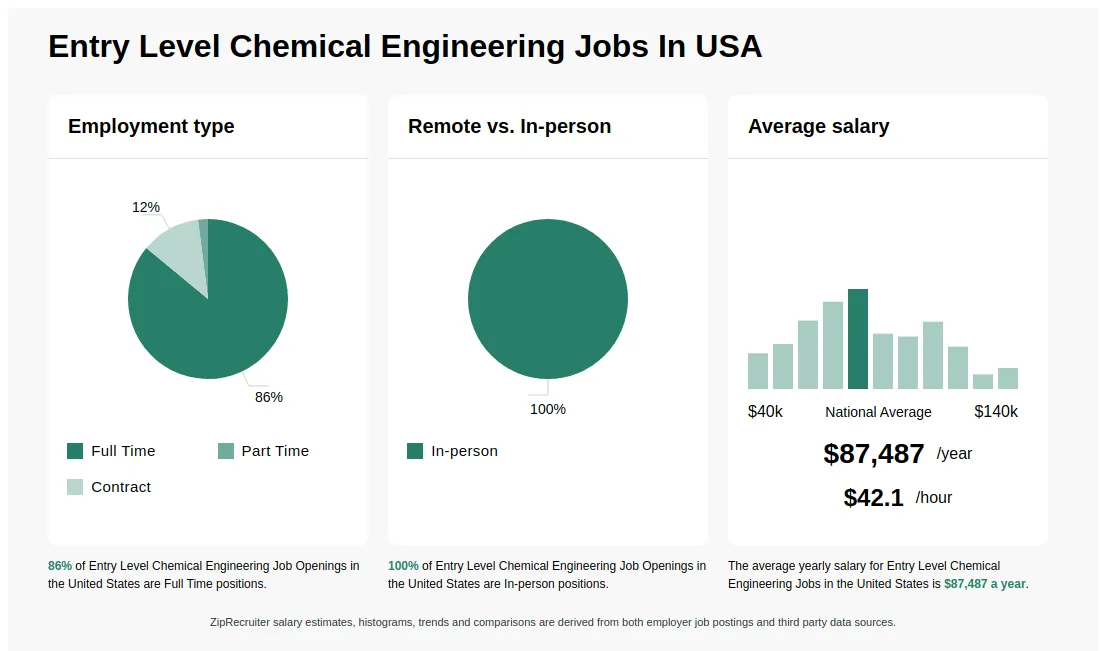
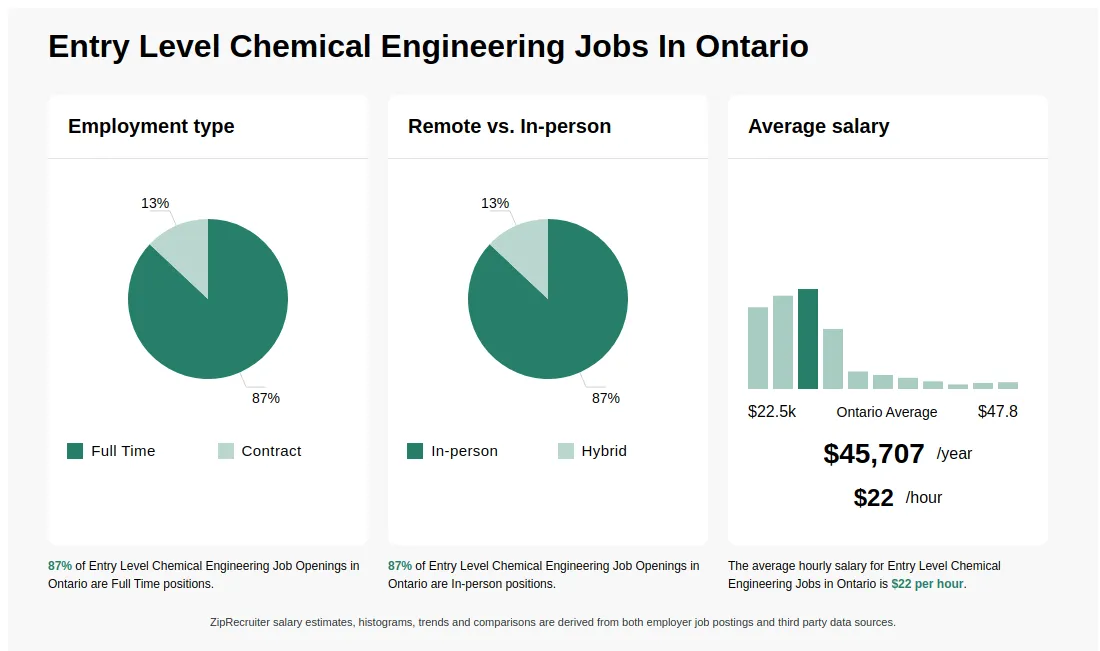

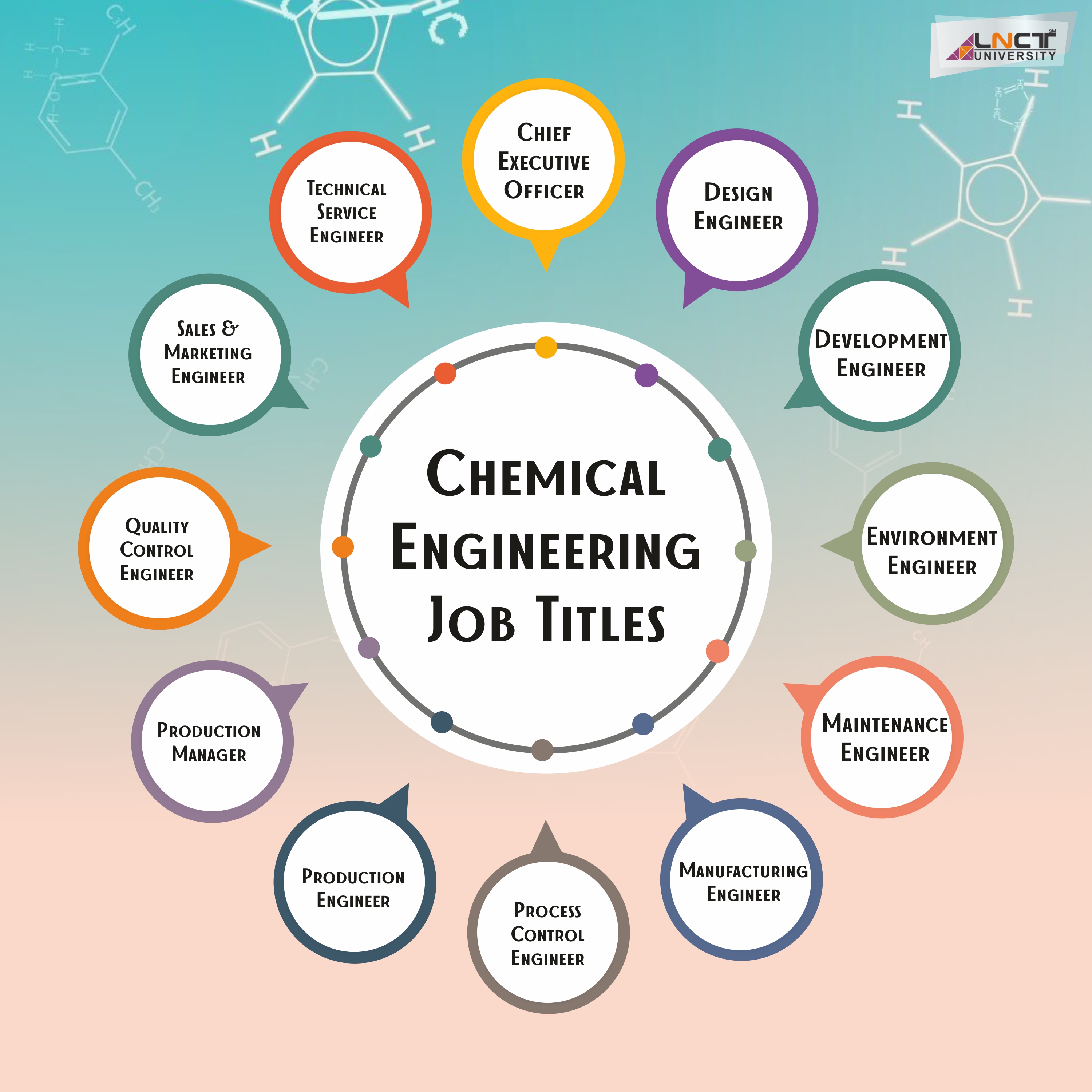

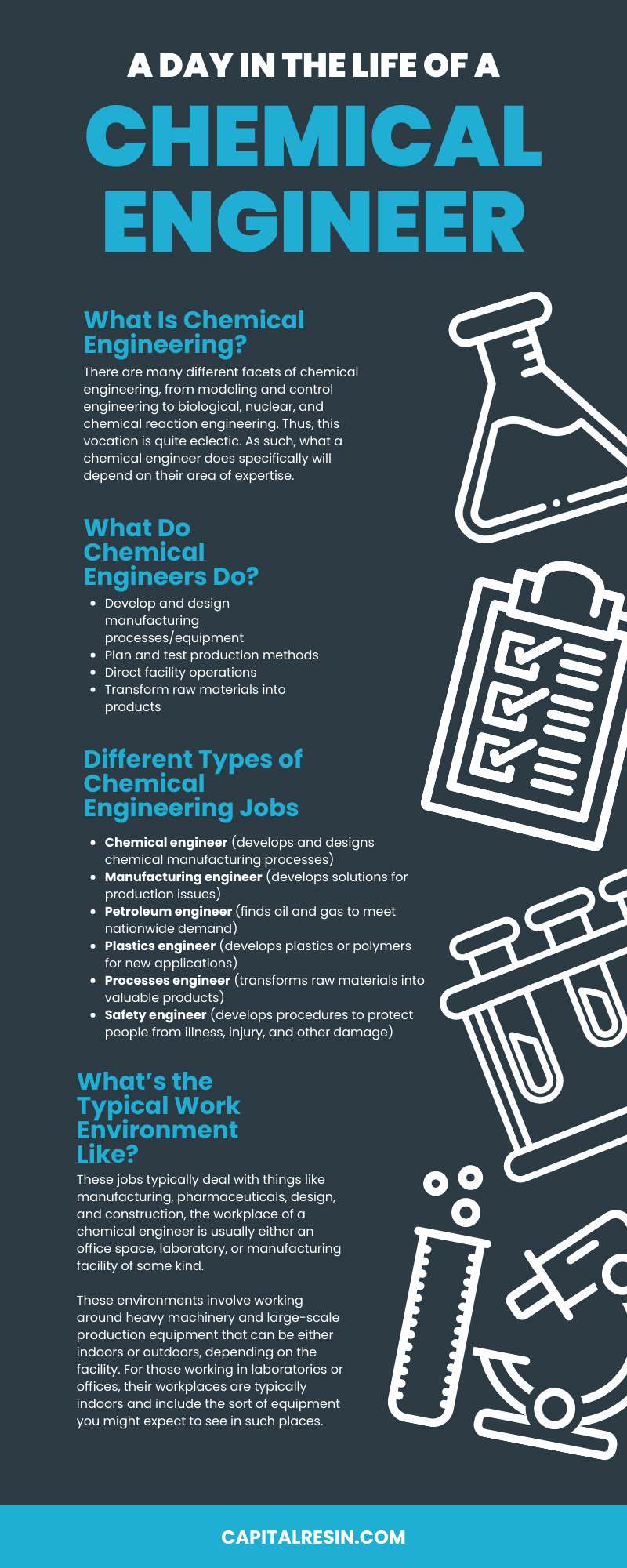
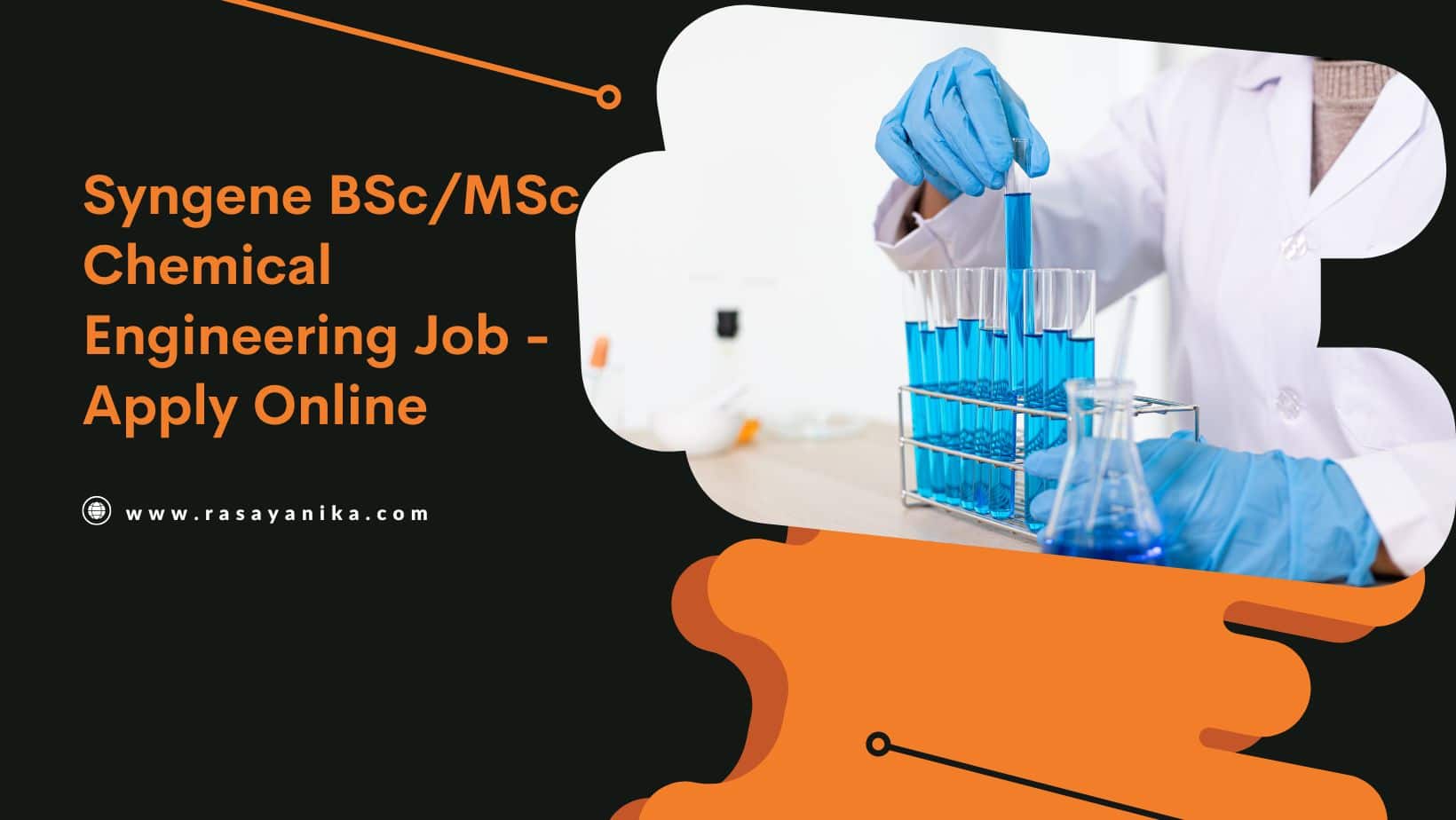






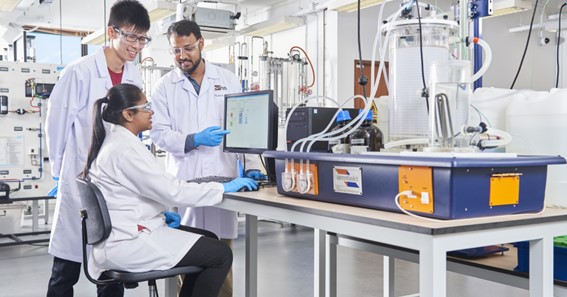


![Entry Level Chemical Engineering Jobs In Pharmaceuticals Chemical Engineer Job Description: Role & Responsibilities [2025]](https://www.foundit.my/career-advice/wp-content/uploads/2023/08/Blog-July-2023-795-x-285-28-min.jpg)
